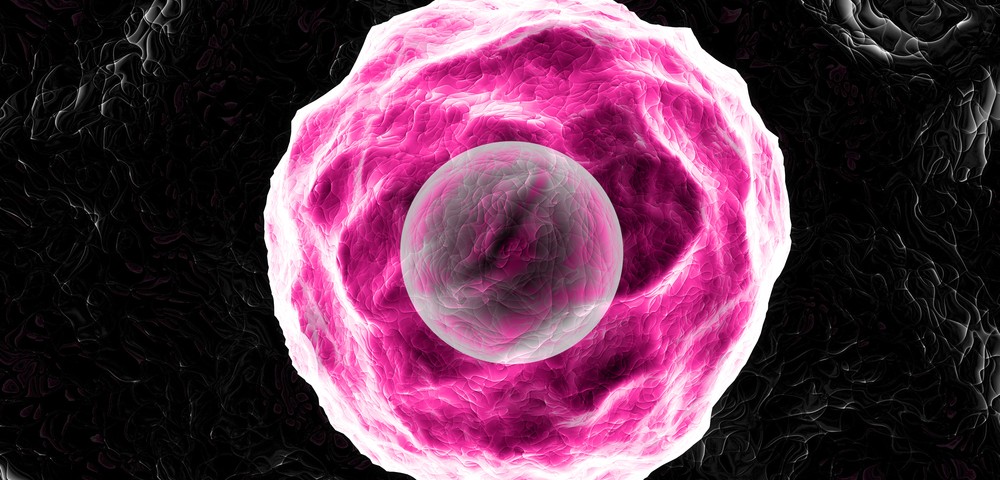Researchers at Roswell Park Cancer Institute (RPCI) have identified a new class of small-molecule compounds that activate the pro-death function of a known tumor suppressor pathway, causing lymphoma and leukemia cells to die. The study, “Targeting RING domains of Mdm2–MdmX E3 complex activates apoptotic arm of the p53 pathway in leukemia/lymphoma cells,” published in Cell Death and Disease, has the potential to advance anticancer drug development.
Activation of the p53 tumor suppressor pathway has been pursued as an anticancer strategy in research and the clinic for many years, due to p53’s ability to suppress cancer growth or terminate cancer cell proliferation in vivo. This type of therapy is especially attractive in cancers such as lymphoma and leukemia, where p53 is rarely mutated. P53 activity is mainly inhibited by p53-binding proteins Mdm2 and MdmX, and several research efforts focused on developing molecules that inhibit these proteins. But the therapeutic effects of the approaches taken ran into challenges, such as overexpression of MdmX.
Researchers from RPCI’s Department of Pharmacology and Therapeutics, identified small molecule MMRis (Mdm2–MdmX RING domain inhibitors), targeting new gene (RING) domains of Mdm2 and MdmX required for these proteins’ in vivo inhibition of p53. Unlike current p53-activating molecules that mostly inhibit growth temporarily, this new class of compounds activates the pro-death function of the p53 pathway, inhibits Mdm2-MdmX function, and promotes the apoptosis (suicide) of cancer cells.
Their clinical potential relies on the fact that these compounds can indeed kill cancer cells, not just stop their growth for a limited period of time. The research team, led by Dr. Xinjiang Wang, identified seven specific MMRis, and particularly focused on MMRi64 due to its unique features. This compound activated the pro-apoptosis function of the p53 pathway in leukemia/lymphoma cells without the induction of growth arrest. The team reports that MMRi64 is a first-in-class inhibitor of the RING domain function of Mdm2-MdmX E3 ligase.
“This study opens a new area for anticancer drug development. MMRi compounds also can be used as a tool for better understanding the anti-death mechanisms developed by cancer cells,” Dr. Wang said in a press release. “We are moving the research of MMRi compounds forward using both preclinical models and human cancer cell lines. Our hope is that further development of clinically useful MMRi will eventually provide a new treatment option for cancer patients.”


